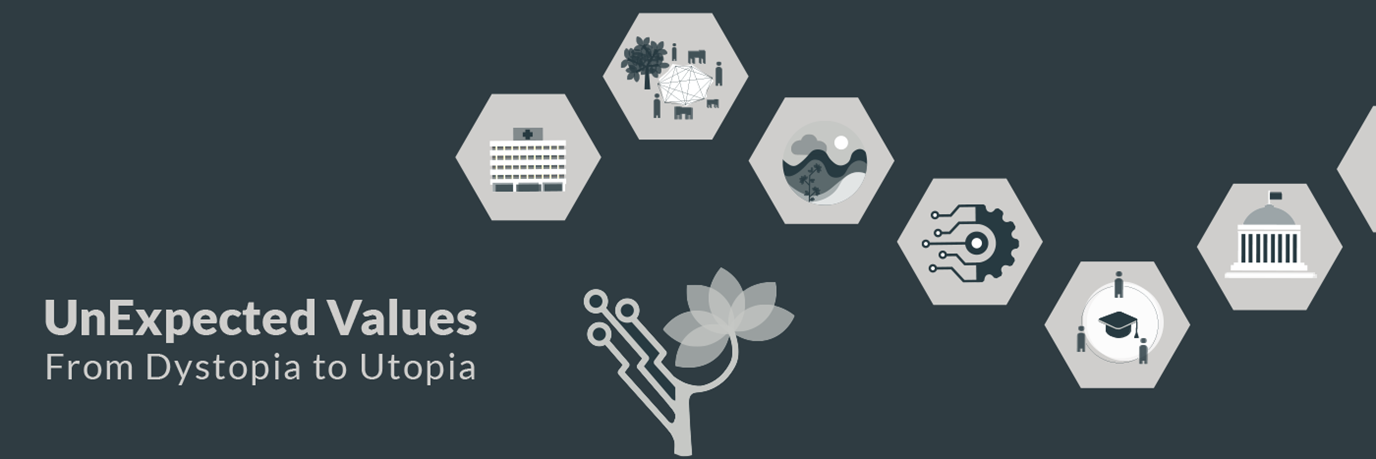Learner: The safe path or the social impact?

Context:
You can enroll in a 18-month Master’s program that focuses on action research and social change within your own work context. Or, you can choose a traditional one-year Master’s that offers a predictable, well-established curriculum.
Dilemma:
A) Choose the praxis-oriented program. This path lets you apply theory directly to your work for social change, but it is a longer, more intensive commitment.
B) Choose a traditional one-year program. This path is less disruptive to your professional life.
Story behind the dilemma:
Established in 2004 at the University of Sussex, the MA in Participation (MAP) represents a radical departure from conventional development studies programs. Born from the Institute of Development Studies' Participation, Power and Social Change team and inspired by Robert Chambers' transformative work, this program was specifically designed for mid-career practitioners with at least five years of field experience.
MAP's innovative structure spans 18 months, blending intensive residential study with extended fieldwork. The program begins with a ten-week term where experienced practitioners engage in Foundations of Participation coursework while co-creating parts of the curriculum through participatory "homeroom" sessions. A strong emphasis on reflective practice encourages students to examine their professional identities and assumptions through creative methods like auto-ethnography and theater exercises.
The core of MAP lies in its year-long participatory action research component, where students return to their home communities to implement projects grounded in local realities. This extended fieldwork is punctuated by mid-term reflections and culminates in a final synthesis term where students produce dissertations connecting their practical work with theoretical frameworks.
The program's success has been transformative, with its reflective practice model being adopted across multiple IDS programs and inspiring new community-based research initiatives. MAP demonstrates how academic rigor can effectively combine with grassroots engagement, creating a dynamic space where practitioner knowledge informs scholarly inquiry and vice versa. By maintaining this dialogue between theory and practice, MAP continues to shape a new generation of development professionals equipped to navigate complex social change processes.

